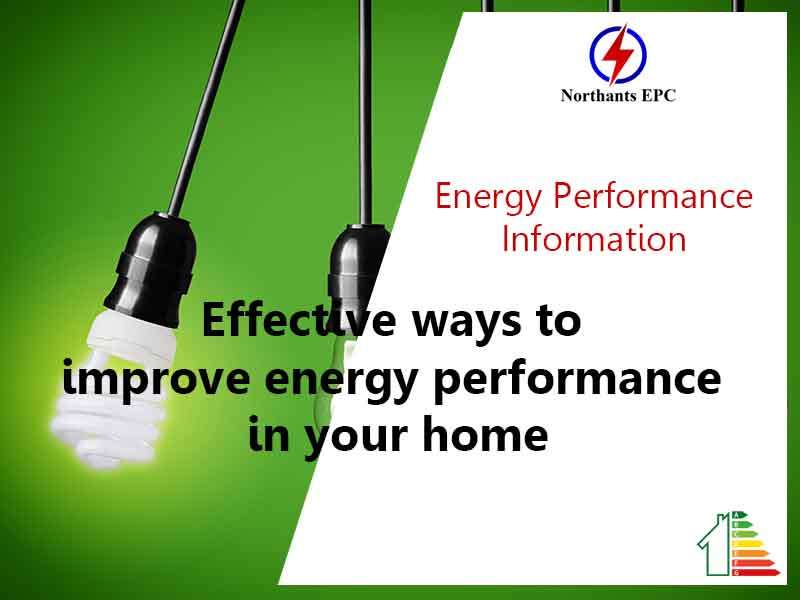“Boost Energy Efficiency in Your Home with These Effective Strategies”
Introduction:
Improving energy performance in your home not only helps reduce your environmental impact but also leads to significant cost savings on your energy bills. By implementing effective strategies, you can enhance the energy efficiency of your home and create a more sustainable living environment. In this article, we will explore several practical and cost-effective ways to improve energy performance in your home, based on expert recommendations and insights from [[1](https://hbr.org/2021/05/4-ways-to-manage-your-energy-more-effectively)].
1. Upgrade to Energy-Efficient Appliances:
One of the most effective ways to improve energy performance in your home is by upgrading to energy-efficient appliances. Appliances such as refrigerators, washing machines, dishwashers, and HVAC systems consume a significant amount of energy. Look for appliances with the ENERGY STAR label, as they meet strict energy efficiency standards and can help reduce energy consumption and utility costs.
2. Install Programmable Thermostats:
Installing programmable thermostats allows you to optimize your home’s heating and cooling settings based on your daily schedule. These devices can automatically adjust temperature settings to conserve energy when you’re away or asleep, and they can ensure a comfortable environment when you’re at home. By using programmable thermostats, you can reduce energy waste and save money on heating and cooling expenses.
3. Seal Air Leaks and Insulate:
Air leaks around windows, doors, and other openings can significantly impact energy efficiency. Sealing these leaks and properly insulating your home helps maintain a consistent indoor temperature and reduces the strain on heating and cooling systems. Use weatherstripping, caulk, and insulation materials to seal gaps, cracks, and drafts. Additionally, consider insulating your walls, attic, and basement to further improve energy performance.
4. Optimize Lighting:
Switching to energy-efficient lighting options is a simple yet effective way to enhance energy performance. Replace traditional incandescent bulbs with energy-saving LED bulbs, which consume significantly less energy and have a longer lifespan. Additionally, make it a habit to turn off lights when not in use, utilize natural light during the day, and consider installing motion sensor or timer-controlled lighting in appropriate areas of your home.
5. Reduce Phantom Loads:
Phantom loads, also known as standby power, refer to the energy consumed by electronic devices when they are turned off but still plugged in. To minimize phantom loads, unplug chargers, power adapters, and other devices when not in use. Alternatively, use power strips with integrated switches to easily turn off multiple devices at once. This simple practice can lead to noticeable energy savings over time.
6. Opt for Efficient Water Heating:
Water heating is another significant energy expense in many homes. To improve energy performance, consider installing an energy-efficient water heater or insulating your existing one. Set your water heater’s temperature to a moderate level (around 120°F or 49°C) to prevent excessive energy consumption. Additionally, fix any leaks in faucets, pipes, or water-using appliances promptly to avoid wasting hot water.
Conclusion:
Improving energy performance in your home is a worthwhile endeavor that benefits both your wallet and the environment. By implementing these effective strategies, such as upgrading to energy-efficient appliances, sealing air leaks, optimizing lighting, and reducing phantom loads, you can significantly enhance your home’s energy efficiency. Remember, even small changes can make a big difference in conserving energy and creating a more sustainable living environment for yourself and future generations.
For further information, contact us at Northants EPC anytime.
